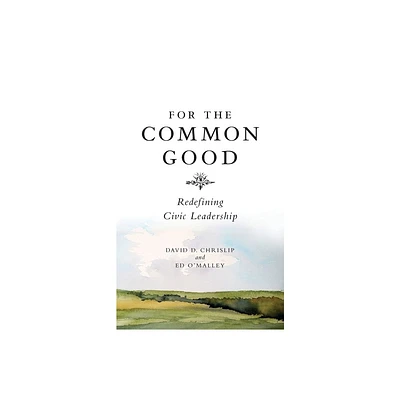Home
Upward Mobility and the Common Good: Toward a Literary History of Welfare State
Loading Inventory...
Barnes and Noble
Upward Mobility and the Common Good: Toward a Literary History of Welfare State
Current price: $64.00


Barnes and Noble
Upward Mobility and the Common Good: Toward a Literary History of Welfare State
Current price: $64.00
Loading Inventory...
Size: Hardcover
*Product Information may vary - to confirm product availability, pricing, and additional information please contact Barnes and Noble
We think we know what upward mobility stories are aboutvirtuous striving justly rewarded, or unprincipled social climbing regrettably unpunished. Either way, these stories seem obviously concerned with the self-making of self-reliant individuals rather than with any collective interest. In
Upward Mobility and the Common Good
, Bruce Robbins completely overturns these assumptions to expose a hidden tradition of erotic social interdependence at the heart of the literary canon.
Reinterpreting novels by figures such as Balzac, Stendhal, Charlotte Brontë, Dickens, Dreiser, Wells, Doctorow, and Ishiguro, along with a number of films, Robbins shows how deeply the material and erotic desires of upwardly mobile characters are intertwined with the aid they receive from some sort of benefactor or mentor. In his view, Hannibal Lecter of
The Silence of the Lambs
becomes a key figure of social mobility in our time. Robbins argues that passionate and ambiguous relationships (like that between Lecter and Clarice Starling) carry the upward mobility story far from anyone's simple self-interest, whether the protagonist's or the mentor's. Robbins concludes that upward mobility stories have paradoxically helped American and European society make the transition from an ethic of individual responsibility to one of collective accountability, a shift that made the welfare state possible, but that also helps account for society's fascination with cases of sexual abuse and harassment by figures of authority.
Upward Mobility and the Common Good
, Bruce Robbins completely overturns these assumptions to expose a hidden tradition of erotic social interdependence at the heart of the literary canon.
Reinterpreting novels by figures such as Balzac, Stendhal, Charlotte Brontë, Dickens, Dreiser, Wells, Doctorow, and Ishiguro, along with a number of films, Robbins shows how deeply the material and erotic desires of upwardly mobile characters are intertwined with the aid they receive from some sort of benefactor or mentor. In his view, Hannibal Lecter of
The Silence of the Lambs
becomes a key figure of social mobility in our time. Robbins argues that passionate and ambiguous relationships (like that between Lecter and Clarice Starling) carry the upward mobility story far from anyone's simple self-interest, whether the protagonist's or the mentor's. Robbins concludes that upward mobility stories have paradoxically helped American and European society make the transition from an ethic of individual responsibility to one of collective accountability, a shift that made the welfare state possible, but that also helps account for society's fascination with cases of sexual abuse and harassment by figures of authority.


















